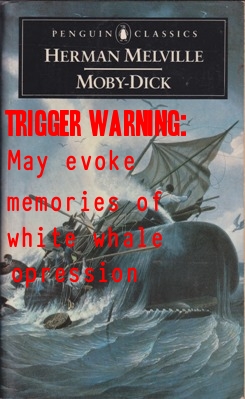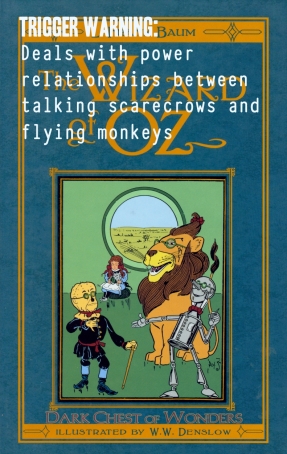My buddy G. K. Chesterton recently got a nice write-up from The Atlantic. This isn’t the first time, either. That illustrious magazine has commented on the fellow before. The current article, by James Parker, is a delight to read dribbles out quotes from the man himself, mainly from well-known works but also from a few obscure ones. It offers an introduction and celebration of the enormous variety of Chesterton’s work, and tries to communicate the unique way that Chesterton pulls our spirits up into the heavens with succinct but magical wordsmithing.
That said, Parker does stumble at one point by describing Chesterton with the phrase “live wire”, and that brings us to today’s quote from St. Thomas Aquinas:
St. Francis was the son of a shopkeeper, or middle class trader; and while his whole life was a revolt against the mercantile life of his father, he retained none the less, something of the quickness and social adaptability which makes the market hum like a hive. In the common phrase, fond as he was of green fields, he did not let the grass grow under his feet. He was what American millionaires and gangsters call a live wire. It is typical of the mechanistic moderns that, even when they try to imagine a live thing, they can only think of a mechanical metaphor from a dead thing. There is such a thing as a live worm; but there is no such thing as a live wire. St. Francis would have heartily agreed that he was a worm; but he was a very live worm. Greatest of all foes to the go-getting ideal, he had certainly abandoned getting, but he was still going.
(No, I did not make a mistake here. That’s a comment about St. Francis of Assisi from Chesterton’s book about St. Thomas.)








Recent Comments